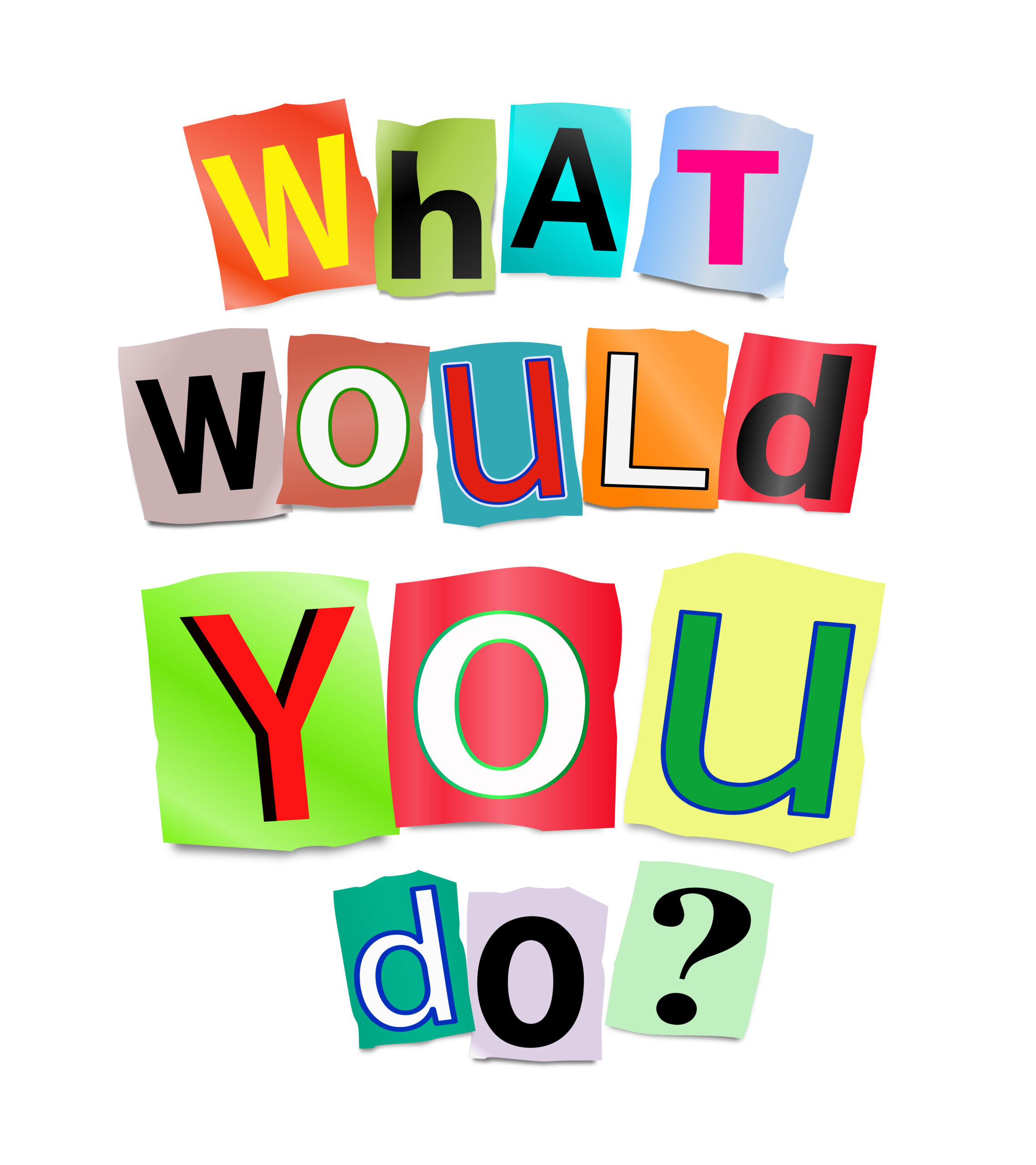Mental Health First Aid: How You Can Make a Difference
By Karl Shallowhorn
Imagine this scenario: You’re in the food court of a local mall. As you pause to take a break from your shopping, you look over to the next table and see a young woman who appears to be in distress. She appears very nervous is shaking and hyperventilating. The look on her face clearly indicates that she is having some kind of medical event. What do you do?
This is a scenario that I often use when I teach a course known as Mental Health First Aid (MHFA). This 8-hour class helps individuals learn how to identify signs and symptoms of mental illness, raises awareness about mental health, and helps reduce the stigma associated with mental health disorders.
MHFA originated in Australia in 2001 and was brought to the U.S. by the National Council for Behavioral Health in 2008. In the States alone, there are 1.5 million people trained in this interactive curriculum.
Utilizing group exercises, videos, roleplay, and lecture-style tools, participants receive a comprehensive overview of such topics as anxiety, depression, psychosis (including bipolar disorder and schizophrenia, suicide, and substance use disorders). The course also includes instruction on a 5-step action plan (ALGEE) that serves as a means of delivering help in an easy to remember manner.
In addition to the original Adult course, there is a Youth curriculum, a Spanish curriculum (for both Adults and Youth), as well as supplemental curricula for veterans, public safety, first responders, older adults, and higher education. In other words, there is MHFA training to address mental health crises from a variety of vantage points.
Contrary to what it may appear, MHFA does not teach participants how to diagnose mental health or substance use disorders. It is an intervention method that can serve to help the affected individual get to the appropriate level of care, whether it be professional or other social supports.
I have over 17 years of experience working in the mental health and addiction fields as a clinician, advocate, and educator. I became an MHFA Instructor in 2014 and since that time have conducted over 70 courses to over 1000 individuals. I have taught MHFA to a wide variety of audiences, including community based-organizations, mental health professionals, medical staff, attorneys, judiciary, law enforcement, teachers, clergy and lay leaders, to name but a few. It has been my experience, both anecdotally as well as in official evaluations, that MHFA is a highly effective tool to help the general public learn about mental health. When I took the training to become an instructor it was a very informative experience. Despite the fact that I had worked as a professional, it provided me with a different perspective on how to help those who are in need of mental health services.
The Community Health Center of Buffalo was awarded a federal grant from the Substance Abuse Mental Health Services Administration to provide MHFA training for free to community members and organizations. If you are interested in MHFA or would like more information call Karl Shallowhorn at 716-986-9199 ext. 4350 or email kshallowhorn@chcb.net.












